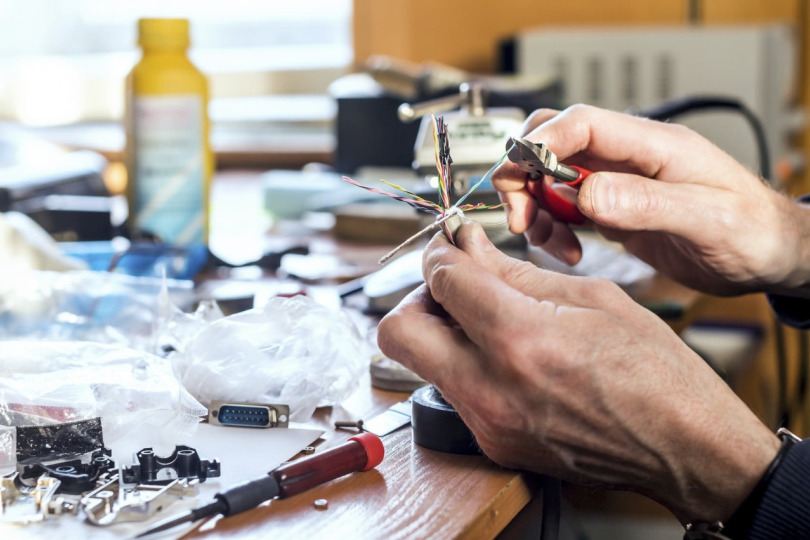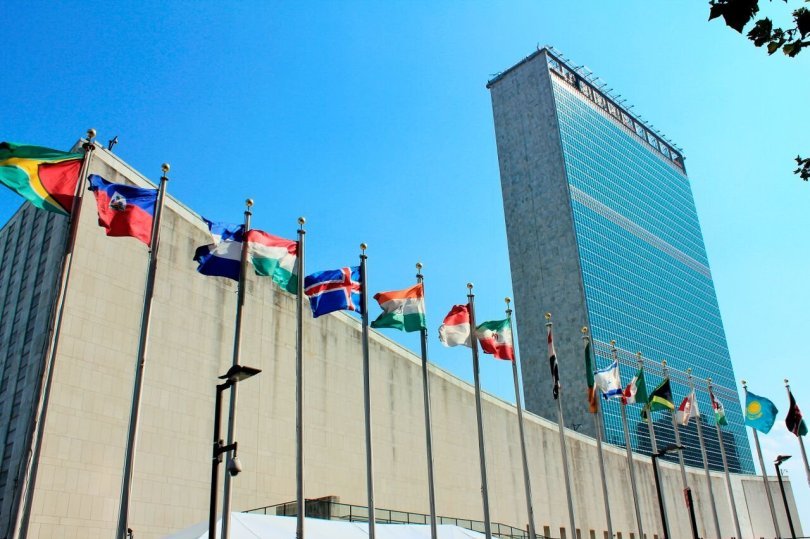No Easy Money for Russian Schoolchildren
Normally, parents help shape their children's attitudes towards money. In their study "Adults' Perceptions of Pocket Money and Cash Rewards as Tools of Children's Economic Socialization," Alina Pishnyak and Natalia Khalina compare parental attitudes towards pocket money in the U.K., Germany, and Moscow, Russia. Their findings concerning Moscow are based on data from the Moscow and Muscovitessurvey of 3,109 adult respondents, of whom 75% were parents, conducted by the Institute of Humanitarian Megacity Development in 2014. According to the study's authors, most parents begin educating their children about money at the age of six.

Russian User-Innovators: What and Why
Many Russians practice user innovation by developing their own inventions for use in everyday life, recreation, sports, etc. According to a study by Konstantin Fursov and Thomas Turner conducted as part of the HSE ISSEK Monitoring Survey of Innovative Behaviour of the Population, the estimated share of user-innovators in Russia may be as much as 10%, which is substantially higher than in many other countries.
Educated Russians Smoke Less
In recent years in Russia, female smoking has increased, while the opposite holds true for men; in addition to this, smoking has increased at higher rates among those with lower levels of education compared to more educated Russians.
Ever Fewer Russians View Science as Entirely Positive
This is the conclusion reached by researchers from the HSE’s Institute for Statistical Studies and Economics of Knowledge (ISSEK), based on a survey of people aiming to establish the level of trust members of the general public have in science and technology.
-%D1%8F%D0%BF%D0%BE%D0%BD%D1%86%D1%8B.jpg)
Challenges Faced by Japanese Investors in Russia
Nina Ershova, Research Fellow at HSE Institute for Industrial and Market Studies, examined Japanese companies' experience of investing in Russia. Her paper "Challenges for foreign investors in Russia: the case of Japanese companies" is based on findings from a survey of 32 companies — members of the Japan Business Club in Moscow, conducted between April and June 2015, and content analysis of twenty interviews with Japanese business, academic and NGO representatives conducted between 2008 and 2015.

Russia's Ranking in Global Innovation Index
Russia is 43rd in the Global Innovation Index (GII) 2016, up five positions from its 2015 ranking. Just as last year, Switzerland, Sweden, U.K., U.S. and Finland remain the top-ranking countries in the GII. These are the findings from the GII 2016 report comparing the performance of national innovation systems in 128 economies.

Trust in Banks Low, Yet Private Deposits on the Rise
In 2015, Russians’ trust in banks dropped sharply as the country’s economy faced a crisis, yet at the same time, the amount of individual bank deposits paradoxically increased, according to findings from a survey conducted by LSES as part of the "Monitoring Financial Behaviour and Consumer Confidence in Financial Institutions" project (2009-2015).

Why Russia is Passive in the WTO Court
In terms of activity in lodging complaints with the WTO Court (the agency through which WTO members resolve their disputes), Russia has not advanced beyond South Africa. The United States and EU countries are currently the leaders in terms of WTO disputes. The low level of activity on Russia’s side is primarily due to its relatively recent membership in the organization.

Russia's Top Innovation-driven Regions Announced
Russian regions differ significantly in terms of their attitude to innovation, according to a new release of the Russian Regional Innovational Development Ranking prepared by the HSE's experts. Thus, almost one-third of all industrial companies in Chuvashia have implemented innovative technology, while more than half of all manufactured goods in Sakhalin Region are products of innovation; in contrast, little innovative activity is observed in most territories of the North Caucasus.
.jpg)
Ageing Can Drive Progress
Twenty years from now, the number of retired persons worldwide will have grown by 600 million, almost double the current number. Life expectancy will have increased, bringing new economic challenges. Yet the growing number of seniors can also stimulate important breakthroughs in medicine, biotechnology, nanotechnology, cognitive sciences and robotics, according to the report 'Global Population Ageing and the Threat of Political Risks in the Light of Radical Technological Innovation in the Coming Decades.'

